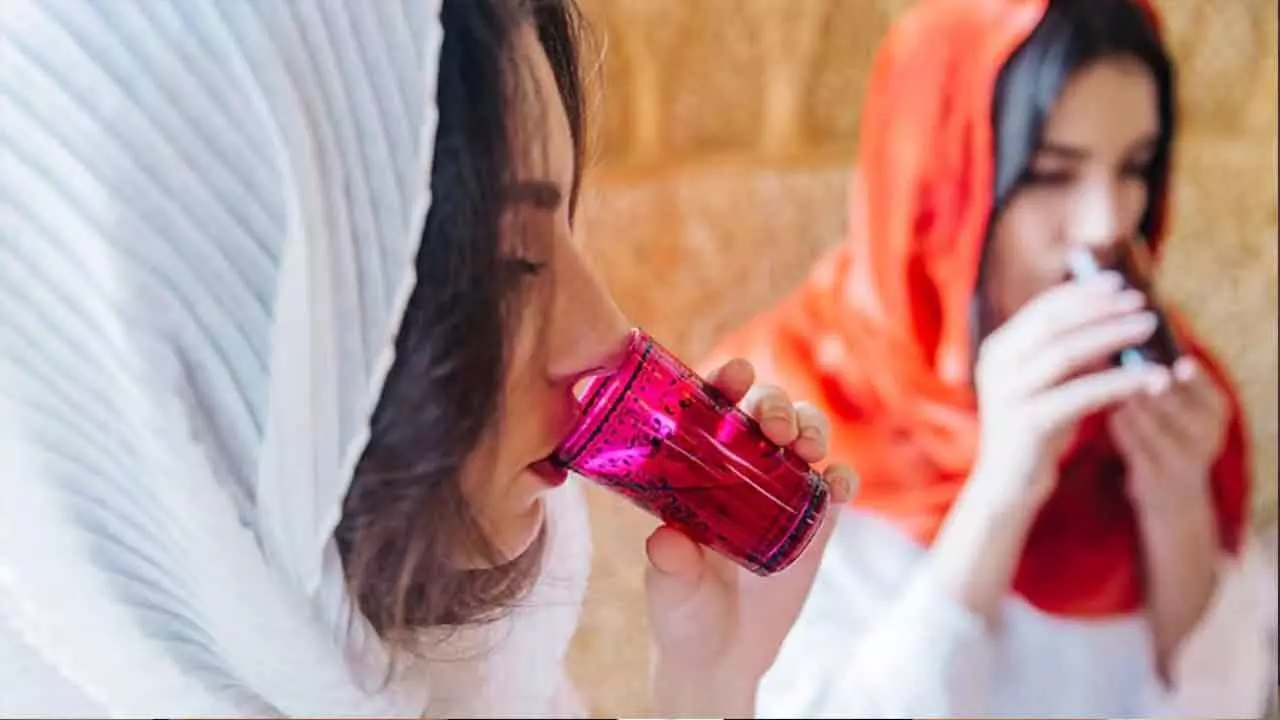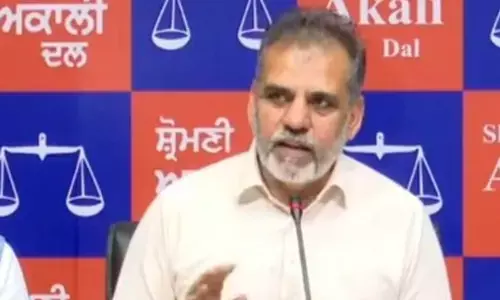Essential Hydration Tips for Ramadan: Avoid These Common Mistakes

Stay hydrated during Ramadan by drinking water strategically, eating hydrating foods, balancing electrolytes, and avoiding dehydrating beverages for better health
Understanding the Risk of Dehydration Fasting for extended hours without water increases the likelihood of dehydration, which can cause fatigue, headaches, and dizziness. Maintaining hydration is essential for overall well-being during Ramadan.
Effective Hydration Strategies
1. Balanced Water Intake
Distribute water intake evenly throughout non-fasting hours. Avoid consuming large amounts at once, as this can strain your kidneys. Prioritise hydration during Suhoor (pre-dawn meal) and immediately after Iftar (breaking the fast).
2. Incorporate Hydrating Foods
Add water-rich fruits and vegetables to your meals to help maintain hydration levels. Some excellent options include:
o Watermelon
o Cucumbers
o Oranges
o Strawberries
o Lettuce
Additionally, soups and broths are great sources of hydration and essential nutrients.
3. Maintain Electrolyte Balance
Electrolytes like sodium, potassium, and magnesium are vital for fluid balance. Include these electrolyte-rich foods:
o Bananas
o Avocados
o Dates
o Yogurt
Adding a pinch of Himalayan salt to water or consuming coconut water can help maintain electrolyte levels.
4. Avoid Dehydrating Beverages
Reduce intake of caffeinated drinks such as coffee, tea, and soda, as they act as diuretics and promote fluid loss. Sugary drinks should also be avoided as they can contribute to dehydration.
5. Monitor Hydration Levels
Check your urine colour to assess hydration. Pale yellow indicates proper hydration, while dark yellow signals dehydration. Drink water when you feel thirsty to stay adequately hydrated.
Hydration Tips for Suhoor and Iftar
Suhoor:
• Start with a glass of water.
• Include foods with high water content.
• Avoid salty foods that increase thirst.
Iftar:
• Break the fast with dates and water to restore energy and hydration.
• Follow up with a nourishing soup or broth.
• Drink water gradually throughout the evening.
Plan meals and hydration strategies in advance, focusing on whole, unprocessed foods. If you have concerns about dehydration, consult a healthcare professional or dietitian for guidance.
By following these hydration practices, you can prevent dehydration and stay healthy throughout Ramadan.










